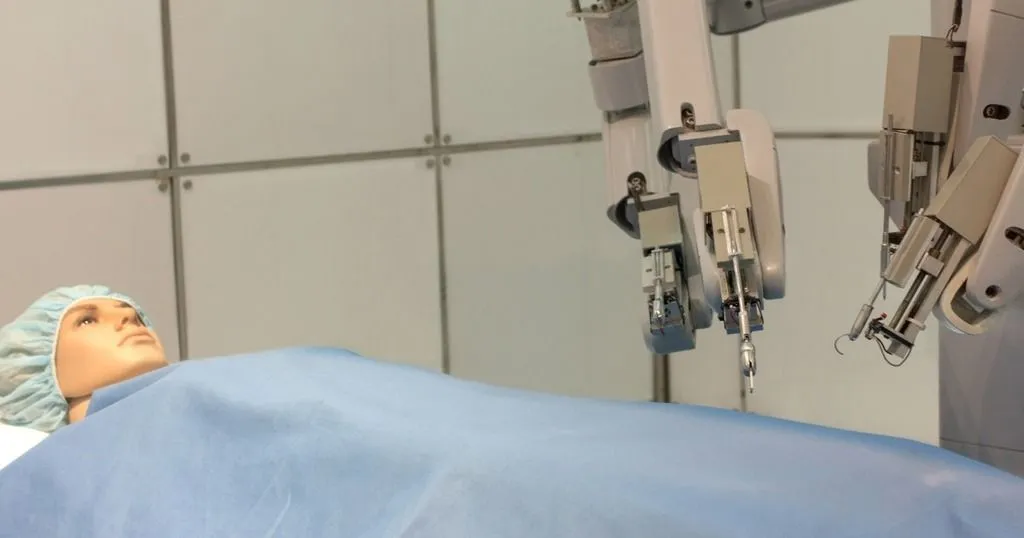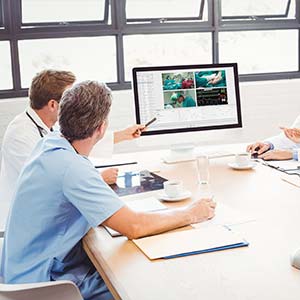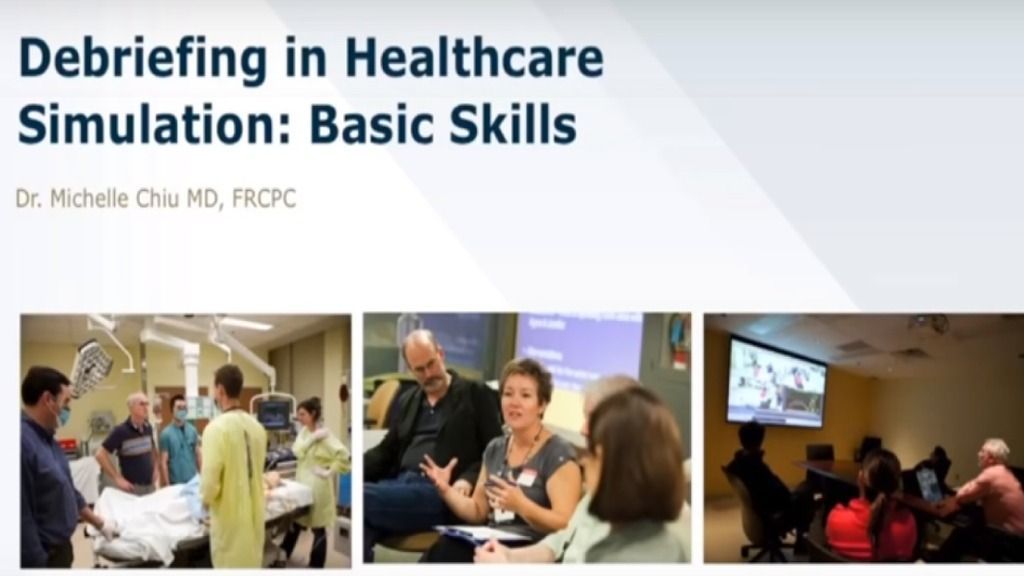Two ways to learn more about medical simulation and debriefing
There are two ways to get ahead and stay ahead in healthcare education. One - learn from the best and - two - stay on top of your game!
Posted by
Published on
Mon 03 Apr. 2017
Topics
| Doctor-patient Interaction | Healthcare | Medical Encounter | Medical Simulation | The Observer XT | Viso |
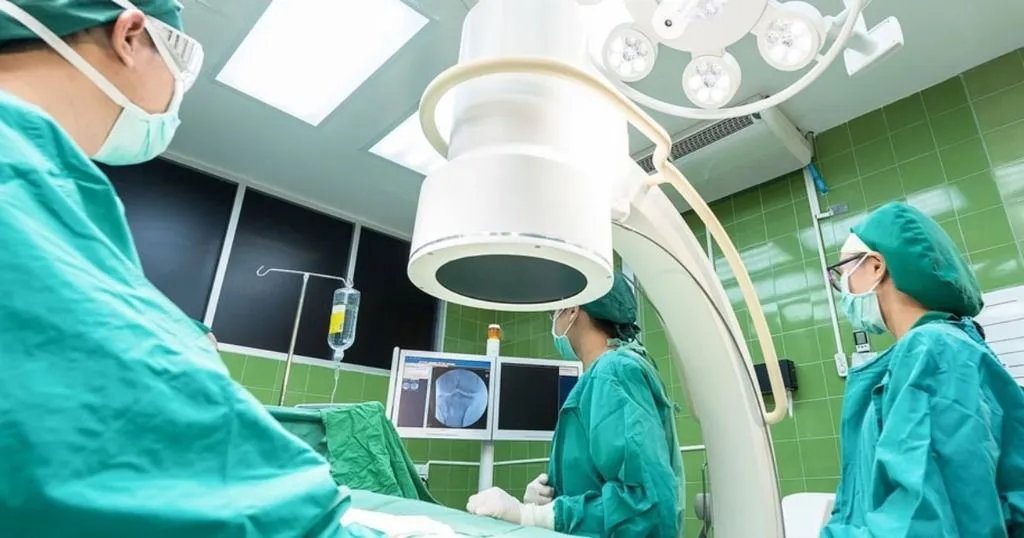
Training is crucial in almost every profession, but in healthcare education it is indispensable.
Using simulation-based training began in flight simulators; new pilots cannot fly a real craft without successfully completing training sessions in a flight simulator. In medical education, simulation-based training has also taken off.
Why is medical simulation so important?
It ensures that doctors and nurses around the world make the right decision when confronted with an emergency, for example. By simulating emergency situations, the medical team is better able to cope with the stress in the real life scenario.
After the training, a debriefing takes place in order to immediately learn from the scenario. Were procedures followed? Who took the lead? What verbal cues were given?
In order to set up simulation, the necessary tools must come together. What tools are available for simulation and training? How do these tools allow an effective debrief? What tools will help nursing students learn skills fast, while keeping quality high?
There are two ways to get ahead and stay ahead in healthcare education.
1. Learn from the best
One option is to sit at your desk or on your couch and watch training videos. That’s what many of us do!
The Royal College of Physicians and Surgeons of Canada created such a video course: the Simulation in Health Care Video Series.
Dr. Michelle Chiu explains here that it is an important step to prep the debriefing. How?
First, designate a lead debriefer and a second debriefer. This second person can handle the video and audio equipment and also assist when there are unexpected developments in the scenario. As Dr. Chiu explains, one requirement is a good speaker set in the debrief room, as students can then better hear the combination of feedback on posture (from video) and positive verbal cues from the primary debriefer.
Good and thorough preparation is also required, as this prevents too many people from talking at the same time.
Think about the seating arrangement in the debriefing room. Where is the screen? Does everyone have a clear view of the video? You want to think a little bit about how you sit in the debrief session. Everyone must be able to see the recorded scenario, and ideally you will have a balanced discussion. If possible, try to place extraverts next to introverted colleagues, and also split up the debrief team to avoid a competitive or ‘us vs. them’ atmosphere.
By watching these videos, you can learn the foundational principles for simulation-based education, assessment, and research from renowned simulation experts.
2. Stay on top of your game
Get to know what information is available, including visiting events or watching webinars. The International Meeting on Simulation in Healthcare, IMSH, is the most important healthcare simulation conference of the year. In 2017, over 2600 medical professionals attended to learn all about medical simulation research and the latest tools.

At IMSH 2017 there were many interesting sessions about communication in healthcare, debriefing, and training. This big event also hosts a great exhibit where medical professionals can taste, smell, and feel all the latest innovations.
Noldus highlighted our Viso software to about 100 professionals; this software solution is ideal for A/V recording in multiple rooms for simulation and training in medical simulation research.
Next year’s IMSH will take place in Los Angeles - come visit us there!
Related Posts

The impact of health information technology on doctor-patient interaction
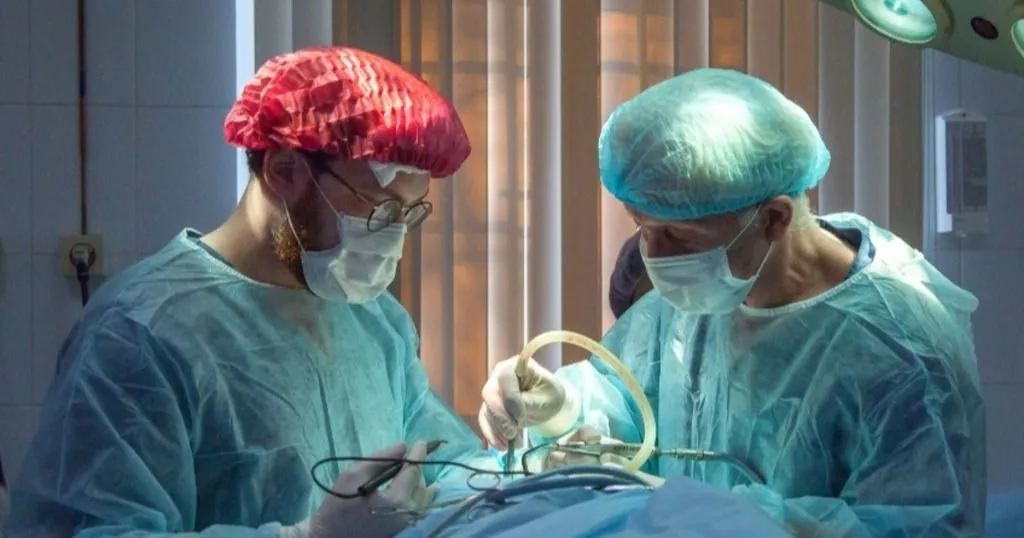
Operating room layout: impact on work patters and flow disruptions
